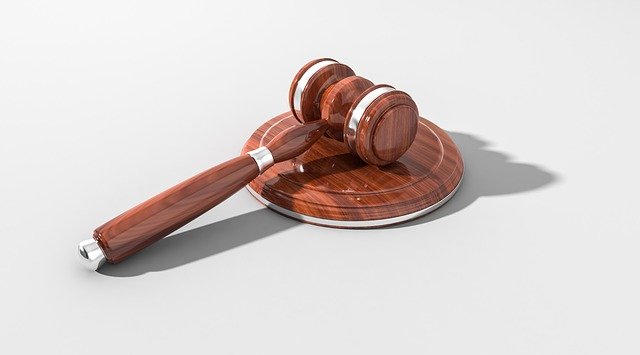A constitution is defined as a legal body that administers the political system of any nation. It outlines the authorities of the different divisions and levels of the government. The constitution of a nation also describes the fundamental rights and duties of the citizens.
It forms the framework that defines basic political code, procedures, structure, duties and powers, of government institutions. It states the guidelines and principles for people belonging to varying religions to live in a harmonious way. Let us learn more about the significance of the constitution for the nation and its citizens.

Provides stability to the country
The constitution is made up of three important constituents that include the executive, the judiciary, and the legislature. These three vital components provide stability to a country. In absence of a constitution, the nation could be at the threat of corruption and threat among its masses.
Help prevent disputes among different sections of society
The Constitution serves as a written tool that acts as the personification of the social or political rules of an organization. These rules help the country to execute its policies and procedures without any disputes or issues. These provisions aid the nation to evade the possibilities of threats related to a civil war breakdown.
Forms the fundamental structure of the government
Another advantage of the constitution is that it describes all the cultural and legal aspects under which governmental institutions and people’s bodies will be regulated. This becomes very significant when there are frequently occurring overseas communications by international organizations in the personal affairs of the nation.
Grants the right to the people to choose their government
The constitution gives the power to the citizens to choose the government of their choice. Based on their performance and contribution in the development of the nation, people can decide the best government official to serve the nation.
Protects the right of the individual
The constitution safeguards the rights of the citizens in terms of self-expression, religious practice, non-discriminatory treatment, fair criminal procedures and more. It states that the government is answerable to the people via conducting free and regular elections.
Governs the distribution of power
The Constitution states the power and authority of every governing body. Doing this, it enables every entity that is related to the country to learn about the power that the legal body and the government holds.
The information that the constitution states also help to define the duties of the parties involved. It could be a governmental institution, a firm or the masses of the nation. The Constitution administers the relation between the people and the government so that none of the parties can misuse the power in any manner.
Superior to all regulations and rules of the country
The constitution is supreme of all the other laws and regulations of the country. This implies that for any provision to circulate in the nation, it has to be approved by the constitution. It also implies that every law enacted by that government needs to be in conformism with the Constitution.
Specifies the objectives of a nation
Another important role of the constitution is that it mentions the strategic, political, and other objectives of the nation. These goals are what a country is focusing to accomplish in the coming years. It could be related to democracy, socialism, national integration, and secularism.
Grants fundamental rights to people
It is the constitution of a nation that assures provision and rights for any individual or a set of people to ensure their overall well-being and dignity in society. The constitution aids the people to avail the fundamental rights that they are entitled to. These rights include the right to life, right to freedom, right to property, and right to engage freely in the existing democratic system. All these fundamental rights are safeguarded by the Constitution.
Controls power transfer
Besides the welfare of its citizens, and regulating the tasks of the country, the constitution has the power to transfer the supremacy of the nation during a national emergency. This power of the constitution is exercised in those situations when there is a threat to the nation regarding its resources. It has a very important role to play in situations of a disaster that can cause severe destruction to a specific area of the nation or civil war breakdown.
Conclusion
So, we have learned that the constitution is the backbone of any nation. It is for the betterment of the people and the nation. We should respect its dignity and existence and follow the rules laid down by it in a diligent manner.